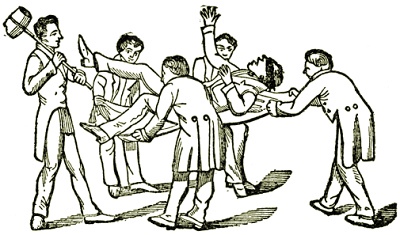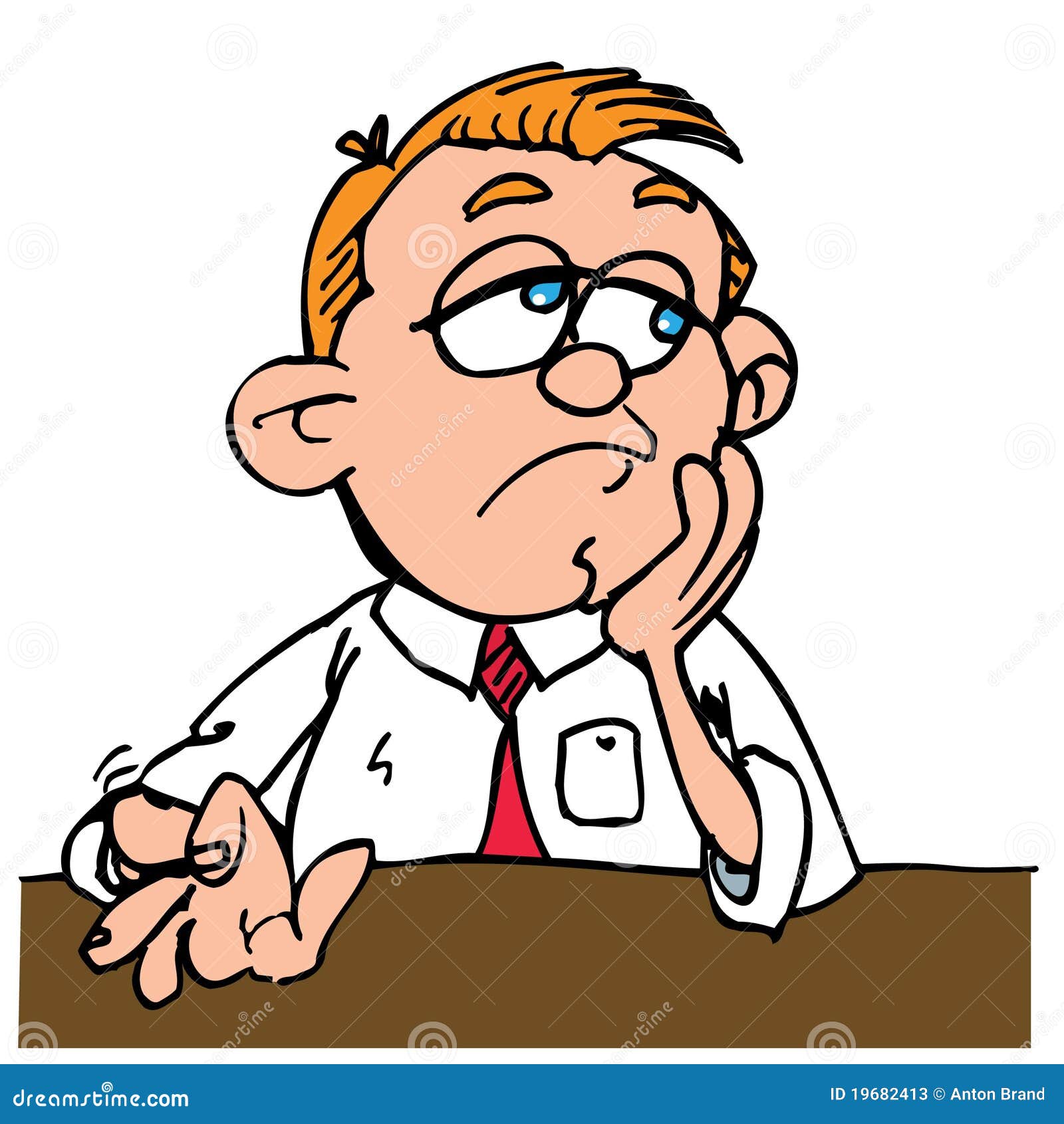
Eileen and I along with our friend Rhonda Edgington went to South Bend last night to Olivier Latry play a performance at the DeBartolo Performing Arts Center at Notre Dame du Lac. It is difficult for me to return to the campus of Notre Dame. The performances we attended were advertise as “by invitation only.” My old teacher, Craig Cramer, gave us a heads up in an email about we could get tickets which were free but necessary.

My years at Notre Dame were not particularly happy ones.

I did a lot of learning both at the organ and in liturgical studies. But in the late eighties there was already evidence of the trend in Catholic circles away from the important vision of Vatican II. Combine this with the success of the political right wing to set the public agenda in the USA for the last two decades of the twentieth century it is distasteful for me to sit with what appeared to be representatives of American elite intelligentsia even to hear a fine recital.

I know this is my baggage. You can add in the fact that I have very few colleagues left from the Roman Catholic world who return phone calls or who are not embedded in the current affairs of the Catholic brand which are odd to say the least. It all leaves me looking and feeling like a bitter old man.

But it was an excellent recital. I was surprised at my own delight at Latry’s playing. He put together a very clever program. His selections were carefully put together to create a larger idea of moving from piece to piece so that unrelated compositions ended up having interesting commentary on each other. Key relations, actual pitch relations and little snippets of related melodies made listening through the evening pretty fascinating to me.

I usually find organ recitals sort of hit and miss and filled with mostly music that doesn’t interest me that much (not YOURS Rhonda, heh). So in the context of what felt like to me to be an upper crust sort of exclusive event I was very surprised that I enjoyed this recital so much. I left the program in the car and it’s too cold right now to go get it so I don’t remember a lot of the composers, but he started with Ligeti (who is my flavor of the month I guess) moved to Thierry Eiscaich a composer that Rhonda introduced me to. He then interleaved Bach Orgelbüchlein pieces with a contemporary composer whose name escapes me (wish I had that program). This later mixing was especially fascinating the way the pieces ended up relating to each other. It’s sort of a “found object art” approach to programming that I quite enjoyed.

He ended this section with “Piece d’Orgue” of Bach which is a piece I like a lot.
And so on. If I find my program I will be checking out the contemporary composers especially.
The program ended with Latry being given a theme to improvise on. Unfortunately it was the Notre Dame Fight Song. I was disappointed because I haven’t heard very many high falultin’ organ types improvise that much and improvisation is so much of what I do. I would have been more interested to hear Latry flex his improvisation muscles in a different direction. Instead he had no choice but to basically use humor in response.
1. Moving Leonardo’s Horse: A Question of Logistics or Pedigree? – NYTimes.com
In this article I learned that the Leonard horse at the Meijer’s Sculpture Garden in Grand Rapids is more a modern piece than a faithful representation of Da Vinci’s design.
2. Rash Repression in Venezuela – NYTimes.com
Governments never learn. Clamping down tends to inflame opposition.
3. Thomas Is Getting a New Chance to Break Precedent (if Not Silence) – NYTimes.com
The legal stands of much of our Supreme Court both repel and fascinate me. This institution has done damage to our country. They are brilliant and well meaning no doubt, but there you are.
4. Crime and Punishment and Obama – NYTimes.com

I would like to think that addressing the madness of our systematic repression of black people via stripping them citizenship via incarceration and subsequent loss of rights is ebbing. Bill Keller, former editor of the NYT, uses his final column to underscore this important issue.